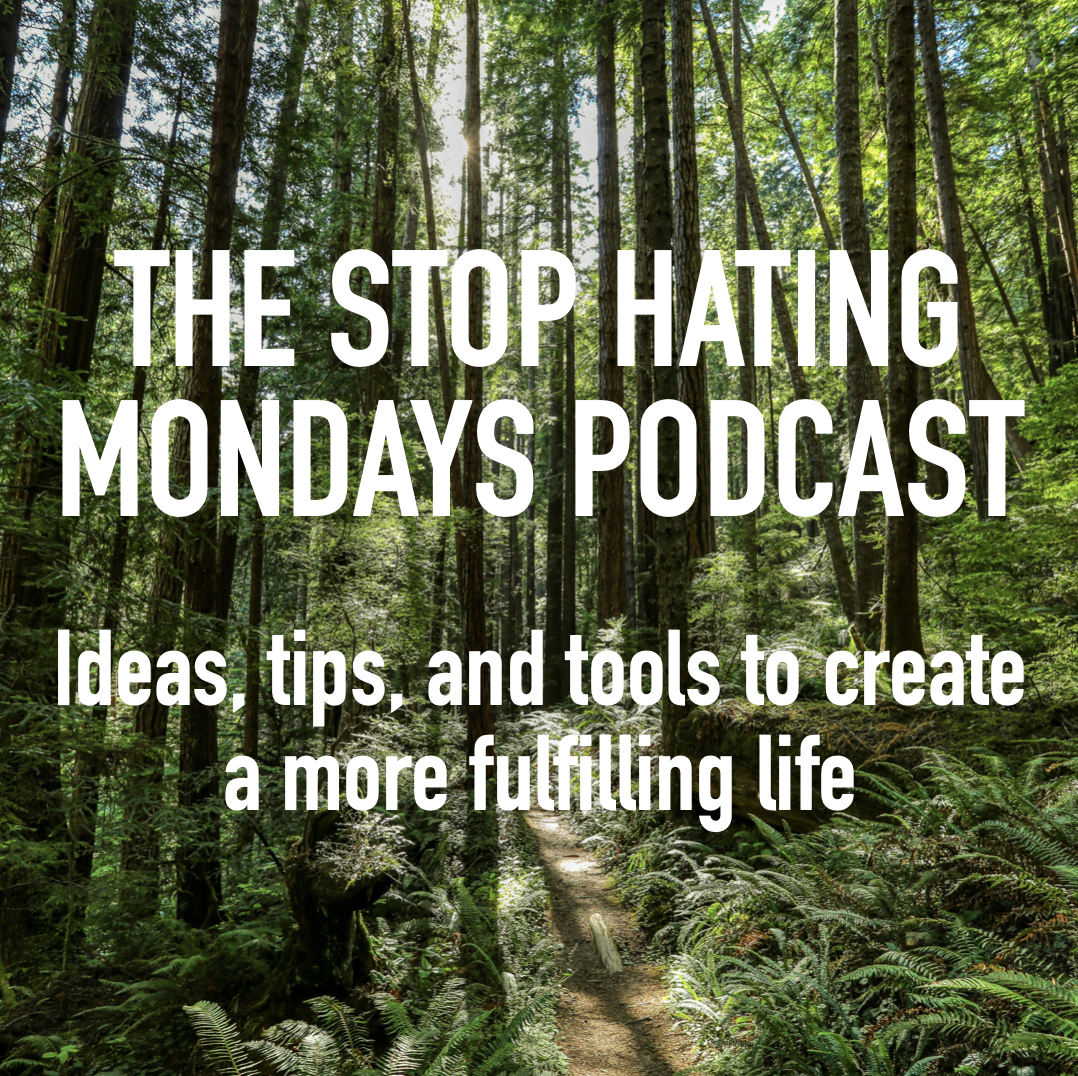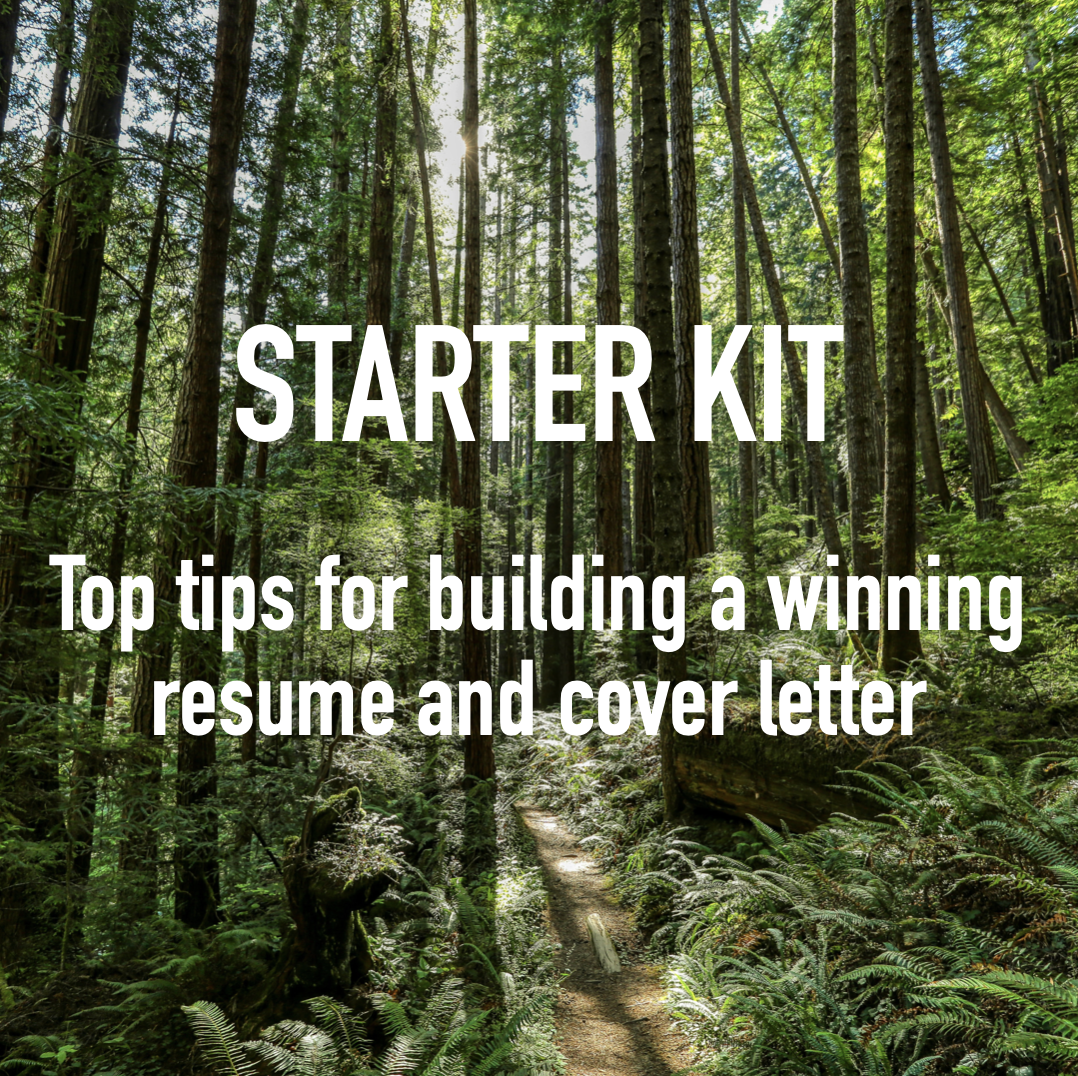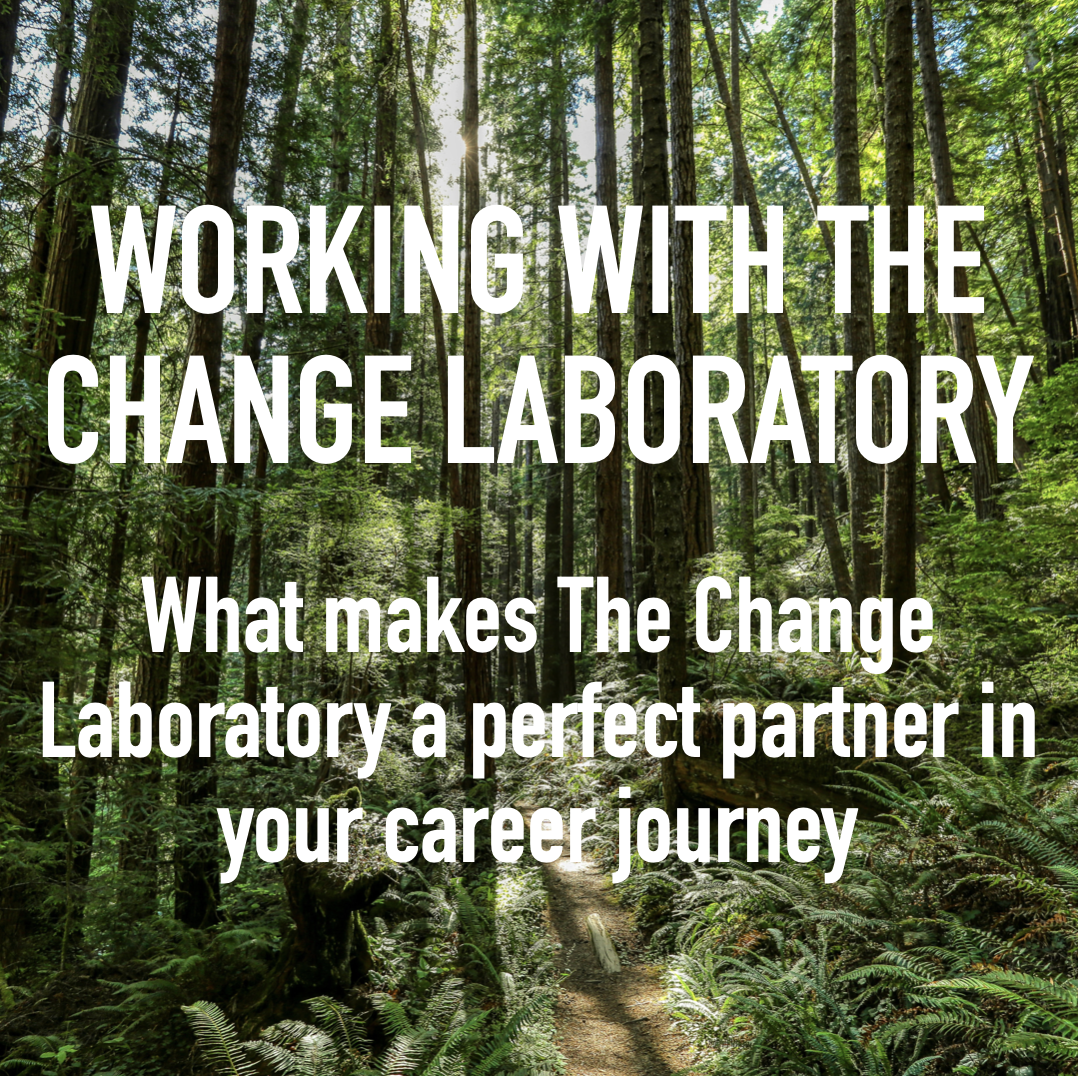How to Get Started on Your Job Search
Kent R.
One of the biggest roadblocks to finding a new job – whether you’re re-entering the workforce or making a career shift – is to know where to start.
The question “How do I know where I fit?” gets right to one of the core concerns people have early in the job search process, so that's what we’re discussing in this episode of the Stop Hating Mondays podcast.
TRANSCRIPT
(Transcripts are auto-generated and may contain minor errors)
Caanan
One of the biggest roadblocks to finding a new job, whether you're reentering the workforce or making a career shift, is to know where to start.
So, we're going to get into that on today's episode of the Stop Hating Mondays Podcast.
Caanan
A question that we got from Jason and it gets right to one of the core concerns people have early in the job search process, and that is, “How do I know where I fit?”
You want to answer that?
Kent
This reminds me… You know, we had Carla a couple episodes back saying – you remember – she wanted to really be able to embrace this hot employee job market and questions like this one from Jason are very parallel to that.
I remember this email from him with that same kind of zeal that Carla had, and in his case wondering, you know, how do I know where I fit. Now, this goes back to a lot of those core things we mentioned in that first episode of the season. So please go and listen to that, if you haven't already. This is a fundamental thing that you need to know going into any job search, whether it's a hot employee market or a cold market.
The only way you know where you fit is if you know who you are. And if you've been listening to the podcast for the first three seasons, you know this is something we get into a lot. And if you're kind of baffled by “how do I know who I am?” go back and listen to those prior episodes where we really get into things that provide tools for knowing who you are.
But if you don't know who you are or how you might fit – and by who you are, I mean have an idea of your strengths and natural talents, your values, your passion, which we, I think, spent a full season talking about. That's how you know where you fit. And most importantly, that's how you get out of this cycle of just taking random jobs or moving up randomly. Or worse yet, sticking with the unfulfilling job because you don't know where to go next. That's how you get out of this cycle and you get on top of this cycle.
Caanan
Yes, we call that the hope / disappointment cycle.
Kent
Yeah, exactly.
Caanan
…You have the hope that the next thing is going to be better than what you're currently in. But you haven't done the work. Then you get into that new thing and realize it's just more of the same. And you have to sort of rinse, repeat that hope / disappointment cycle.
Sorry, I interrupted you. You were on a roll.
Kent
No.
So, uh, it all goes back – I'd say first and foremost – to knowing your strengths. And again, all this is outlined in previous podcasts.
That's how you know where you fit is knowing you and then once you know who you are and what you're wired to do, then you can apply that knowledge to the skills and talents that you bring from your prior employment in your education, the impact you've made.
We speak to this all the time and you can translate that into the impact you can potentially make with another employer. So, when you're seeing those job requisitions and the qualifications they're looking for, you can start to see where this self knowledge – knowing your strengths and values, knowing how to measure your impact – where that aligns with future employers.
So that's what I would say to Jason. Knowing where you fit starts with you. That is an internal job.
Caanan
And that's the preparation before the preparation we covered in the first episode of this season. Getting your job search documents ready and the like.
This is so foundational that it's like pre-preparation.
Kent
Yeah yeah, yeah.
Caanan
OK, Kent, for people who are new to this podcast, I think it be good if we talk about how people figure out their strengths and values. And listen, I know we've covered this ad nauseam, but let's just assume somebody hasn't listened to the previous seasons and let's tell them a little so that they will go back and listen to those. Because they're fundamental.
Kent
Yeah, yeah and, I mean, this is for somebody who's really, really kind of lost this, this is a really safe starting point and it's a tactic we throw it a lot. But it's really eye opening for people – and I would just say keep track of how you spend your time.
Many people like to do this electronically, but for this exercise it works really well – people report back that they like jotting down handwritten notes.
Keep track of how you spend your time.
What invigorates you? What facets of your current job could you do without any notion of time flying by?
And what exercises deplete you?
So you're noting all of these things, and then you're going back and you're sort of evaluating. “Oh, gosh, that's something I could have done that till 7:00 o'clock and not looked at the clock once!” Or you look at your next task within your work day and you can immediately recognize that was excruciating. “Why did I spend 4 hours doing that?”
So that the cool thing here is you also do this with the personal elements of your life because you know, as we always say, you have many roles, but there's only one you.
So take this inventory across the board and you'll start in this way to recognize what invigorates you and what depletes you.
And there's also a lot of great batteries out there – we use some with our clients – to kind of more “officially” determine your strengths and values. But this is a great start.
Caanan
So even if you know your strengths and values, it can still be really overwhelming to get started – to figure out, you know, what kind of job you want, what kind of company you want to work for, etc.
So what's one tip we can give listeners to help them just get started.
Kent
Yeah, I'm going to go in kind of a different direction here 'cause, you know, we work with a lot of people who just don't know where to start and sometimes it's to such a degree to where we just have to say, “you're not ready.”
Yeah, so I'm going to answer this in sort of a backwards way and just say, maybe you're not ready at all to be thinking about how you fit or how you take advantage of this hot job market. Maybe you need to put that out of your mind for now and you need to spend time working on some of these tools to figure out your strengths, your values, your passion. And then when the time comes you'll be ready to jump in and look for your next great job.
Caanan
You're reminding me of something I heard – I think it's Japanese, maybe it's Tibetan or something, but – or Buddhist – but there's this saying that's like “when's the best time to plant a tree? 20 years ago. When's the second best time to plant a tree? Today.”
It's sort of the same with these foundational things. The best time to do this would be a long time ago, before this hot market, before whatever. But the second best time is right now. And maybe this is what you need to be doing right now.
Kent
Yeah, and a lot of times we'll tell people, you know you can.
Do kind of a slightly abbreviated but serious dive into these things. We never tell people to throw anything together. But I think sometimes it's OK to say, like “you know what? Just sit this one out.” Work on figuring out you, figuring out what you really want to do, get it right this time, and then in three months, six months, a year you can revisit this question and get the job you couldn't even dreamed of getting now because you did the heavy lifting and you're going to sit back now to take four steps in a year.



